My 24-year-old brother has chronic kidney failure and is waiting for an organ transplant. Doctor, do I need any vaccinations to prepare for the transplant? (Ngoc Huyen, Hanoi)
Reply:
Vaccination against serious infectious diseases is of utmost importance for transplant patients and those who have had organ transplants. This is because this group is at higher risk of infection due to organ dysfunction and post-transplant immunosuppressive drugs. If they do get sick, antibiotic treatment is less effective than in people with normal immune systems.
However, due to the reduced response to vaccines, especially in the early post-transplant period and during anti-rejection treatment, patients need to be fully vaccinated before surgery. The ideal time to vaccinate is as soon as possible, after organ failure is detected.
Vaccines that should be given include influenza, pneumococcal, hepatitis A, hepatitis B, diphtheria-pertussis-tetanus, chickenpox, measles-mumps-rubella, and meningococcal. These diseases are at risk of infection and worsening in people with chronic kidney disease or who have had organ transplants.
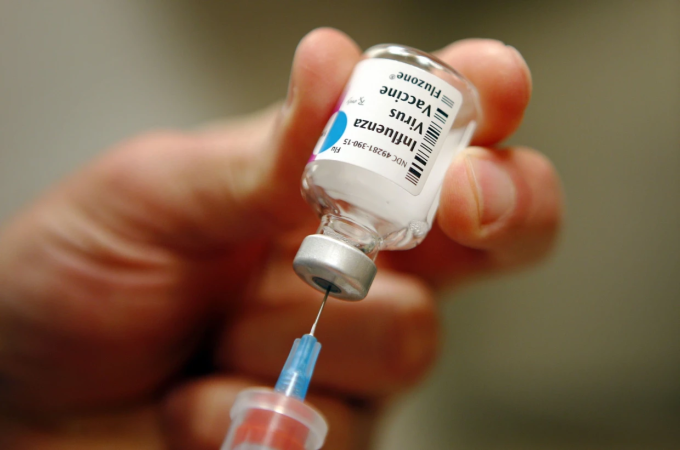
Illustration of flu vaccine recommended for kidney transplant patients. Photo: Reuters
For patients with end-stage chronic renal failure who are expected to require organ transplants or dialysis treatment, hepatitis B vaccination before performing these important interventions is of utmost importance. Vaccination helps reduce the risk of hepatitis infection - a dangerous agent that can affect the outcome after transplantation or is related to dialysis treatment. If kidney transplant recipients are not treated with immunosuppressive therapies, they should be vaccinated with live attenuated vaccines (except BCG, which is a tuberculosis vaccine), such as chickenpox, measles, mumps, and rubella, etc., at least 4 weeks before transplantation.
After vaccination, patients need to follow the principle of 30 minutes of monitoring at the vaccination center and at least 24 - 48 hours at home. Of which, 30 minutes of monitoring at the vaccination facility is considered the golden time to promptly handle early and severe reactions. At home, people need to closely monitor severe and unusual signs and immediately notify medical staff or go to the nearest medical facility for prompt treatment.
If the transplant recipient has not completed the pre-transplant regimen, depending on the case, some vaccines (except live attenuated vaccines) can continue to complete the regimen in the post-transplant phase. Depending on the health status of each individual, the person preparing for the transplant should consult a specialist and a vaccination doctor for appropriate instructions.
Doctor Nguyen Minh Luan
Medical Specialist, VNVC Vaccination System
Source link






![[Photo] Binh Trieu 1 Bridge has been completed, raised by 1.1m, and will open to traffic at the end of November.](https://vphoto.vietnam.vn/thumb/1200x675/vietnam/resource/IMAGE/2025/10/2/a6549e2a3b5848a1ba76a1ded6141fae)

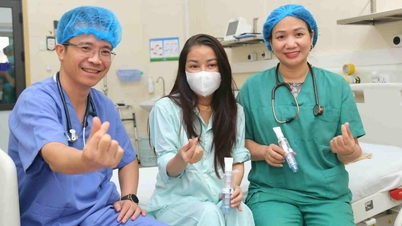




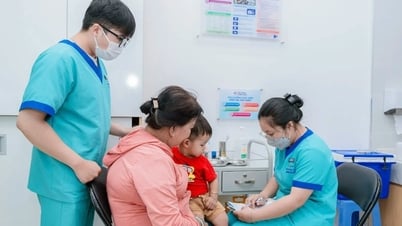

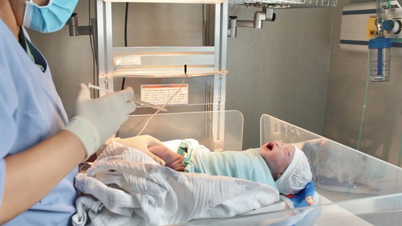



![[Video] Ministry of Health issues document to rectify medical examination and treatment work](https://vphoto.vietnam.vn/thumb/402x226/vietnam/resource/IMAGE/2025/10/2/54913f30a9934e18bcbb246c2c85f11d)



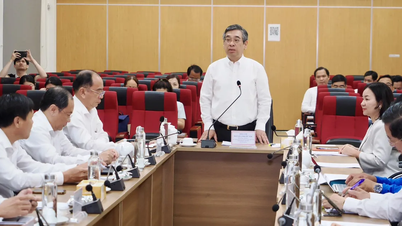
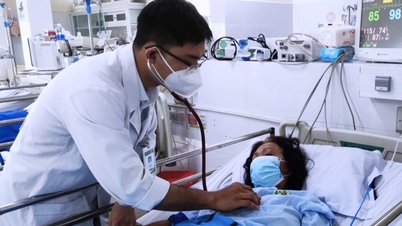
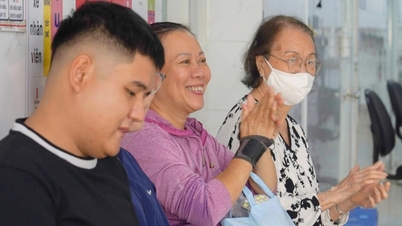
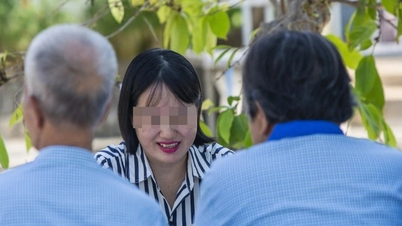
























































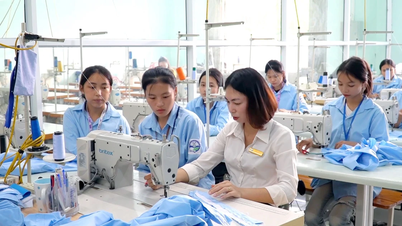

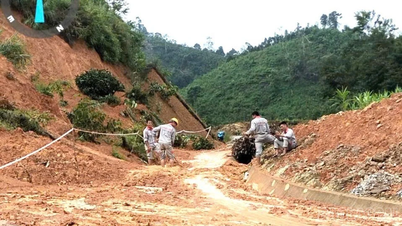
















Comment (0)